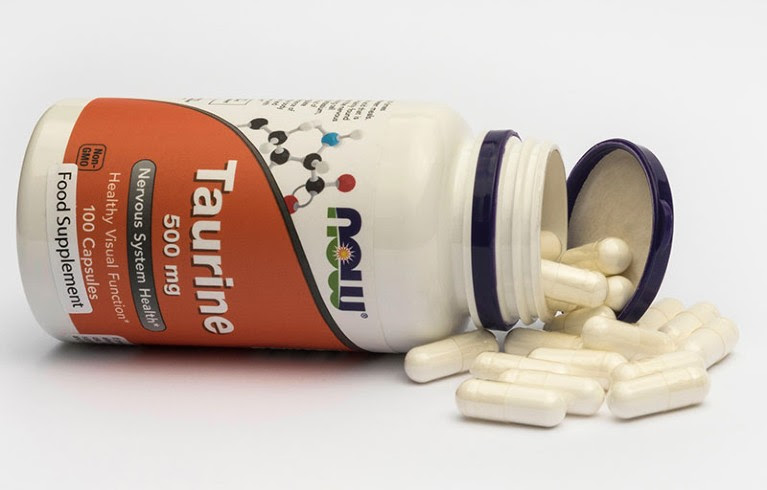Myriam Vidal Valero

Previous studies have explored taurine’s role in keeping the body healthy. Credit: Christine Whitehead/Alamy
Ageing mice, worms and monkeys can live longer or healthier lives when fed large amounts of taurine, a common ingredient in health supplements and energy drinks, a study suggests.
Researchers showed that levels of the naturally occurring amino acid — which has been linked to other aspects of health — decline as the animals age, and that offsetting this loss with a taurine supplement might delay the development of age-related health problems.
Scientists warn that there are many other factors involved in ageing, and that it is not clear whether the findings, published on 8 June in Science, will translate to humans. But the study could offer a starting point for future research into treatments that help people to stay healthy and live longer.
“We are looking at a multicentric, multinational intervention trial in humans,” said study co-author Vijay Yadav, a geneticist at Columbia University Vagelos College of Physicians and Surgeons in New York City, during a press conference discussing the work. “We are very excited to take on that journey.”
Anti-ageing action
Over the past two decades, scientists worldwide have intensified efforts to develop interventions that combat the decline in health that comes with old age.
Yadav and his colleagues study changes in blood levels of chemicals linked to ageing, including metabolites, hormones and micronutrients. They chose to focus on taurine because previous studies have linked it to various aspects of animal and human health, including immunity, bone health and nervous-system function.
The researchers measured the blood concentrations of taurine in mice, monkeys and people, and found that levels decrease with age. For example, 15-year-old monkeys had 85% less taurine in their blood than did 5-year-old monkeys. It wasn’t clear whether this decline had a role in ageing, or was a simply a result of it. But when the team fed a daily solution of taurine to a group of mice, the animals’ lifespans increased by around 12% in females and 10% in males, compared with animals in control groups that were not given extra taurine.
The mice given taurine experienced several health benefits, including increases in muscle endurance and strength. Females had a reduction in behaviours associated with depression and anxiety, and a strengthened immune system.
The researchers also gave food containing taurine to Caenorhabditis elegans worms and middle-aged rhesus monkeys (Macaca mulatta). The taurine-fed worms lived longer and were healthier on average than a control group. The monkeys had lower body weights, denser bones and reduced signs of liver damage.
Protector of cells
The results fit with research at the cellular level showing that “taurine is a protector of cells and it promotes their survival”, says Herminia Pasantes, a biologist at the National Autonomous University of Mexico in Mexico City. She praises the study for exploring this principle in living organisms. However, she warns that ageing is complex, and that taurine by itself, or a lack of it, is not what induces or drives the process.
Another point of concern for Pasantes is that the mice in the experiment were given high doses of taurine relative to their body weight — levels that might far exceed the recommended safe consumption limits if extrapolated to humans. Yadav says that variables other than body weight should be considered when calculating doses, such as an animal’s use of oxygen, caloric expenditure and blood volume. The team fed the mice between 15 and 30 milligrams of taurine per day depending on their age. “Approximately, these doses will be equivalent to 3 to 6 grams of taurine for an 80-kilogram body weight,” says Yadav, which is within safe limits according to European Food Safety Authority recommendations. A typical energy drink contains around 1 gram of taurine.
Steven Karpowicz, a biochemist at Eastern New Mexico University in Portales, points out that although the animal studies suggest that taurine is associated with ageing, there is no direct observation of cause and effect. “There may be one or more metabolites related to, or derived from, taurine that are associated with the molecular mechanisms of ageing,” he says.
The authors acknowledge that the chemical mechanisms by which taurine actually influences cells at a molecular level are not fully understood. At the press conference, Yadav said they would not recommend that people consume over-the-counter taurine supplements to try to preserve health or slow ageing.
“We are looking at what are the initial events that taurine elicits in the cells and in different organs,” Yadav said. “Only then will we be able to target specific mechanisms.”

Leave a Reply